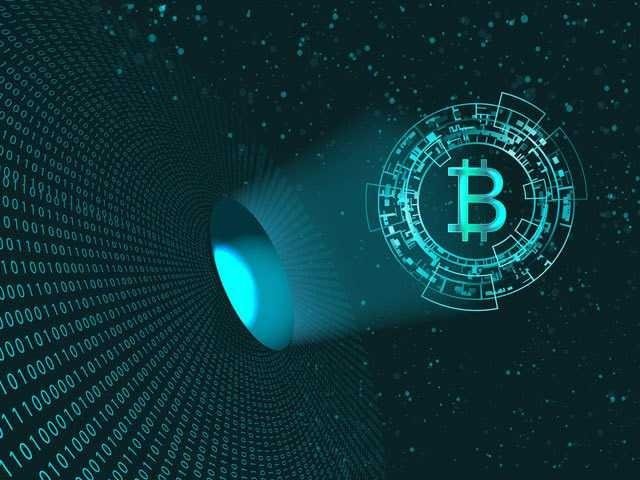Why government and RBI need to show some tough love for cryptocurrencies

Governments across the world abhor the virus of disruption. Their regulatory antibodies are quick to take down agents of radical change. Unless the disruption sneaks inside undetected. Think about Silicon Valley of the early 1990s — a place where young engineers were trying to make sense of this shiny new thing called the internet. In 1990, the internet was available in select American cities. By 1995, it was all over the country.
India saw the internet’s commercial launch exactly that same year: August 14, 1995. The result is, today we are a the cusp of 500 million internet users. India is one of most data-hungry countries in the world. Its e-commerce market is one of the world’s largest. The next wave of seismic change will come from blockchain and cryptocurrencies. Their transformative and economic credentials are there for all to see. The opportunity is open to lead this revolution. But where is India? The internet got in because it didn’t raise the hackles of the powers that be.
Untitled-2
Crypto? Not so lucky. A Reserve Bank of India (RBI) notification on April 6 barred all regulated entities — commercial and cooperative banks, payments banks, small finance banks, NBFCs and payment-system providers — from dealing in cryptocurrencies. The impact is not limited to the financial system but spreads to the innovation pipeline in the underlying blockchain technology. If it keeps going down this path, India will likely be playing catch-up when blockchain and crypto assets move from being shiny new things to a way of life. Sure, blockchain and crypto are different ideas. Banning one doesn’t mean banning the other — in fact, India is gung-ho about blockchain and is embracing it in everything from banking to education. But here’s the thing: they need each other. The uncertainty miring crypto isn’t good news for India’s blockchain aspirations. The most damaging is it casts a shadow on the country’s so-called commitment to technology to transform itself.